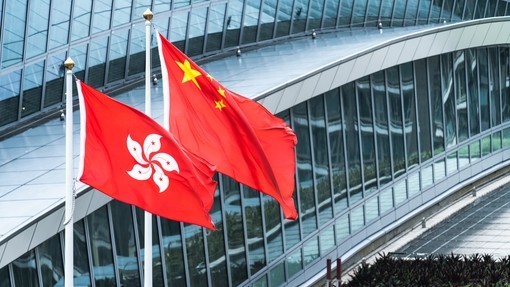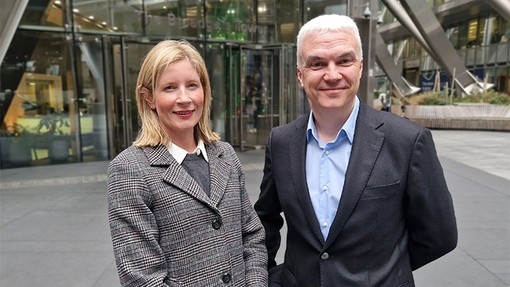Apology Bill passed

Details
Today (13 July 2017), the Legislative Council passed the Apology Bill, the first of its kind in Asia.
However, apology legislation is not new among common law jurisdictions, having been enacted in various forms in the United States, Australia, Canada and Scotland. The purpose of such legislation is to remove disincentives in the way of making apologies, thereby helping to prevent the escalation of disputes and to facilitate their resolution.
Hong Kong’s apology legislation (which has yet to be promulgated by publication in the Gazette) consists of 13 clauses and one schedule, and will apply to apologies made on or after the commencement date of the enacted Apology Ordinance irrespective of when the related matter arose or when the applicable proceedings began. An ‘apology’ is defined to mean an expression of regret, sympathy or benevolence, and includes an express or implied admission of fault or liability and any statement of fact in connection with the matter. The three main areas of Hong Kong’s apology legislation are:
1. Effect of apology and admissibility of evidence of apology in applicable proceedings
- For the purpose of applicable proceedings, an apology will not constitute an express or implied admission of fault or liability and must not be taken into account in the determination of fault, liability or any other issue to the prejudice of the person making the apology. Evidence of the apology will not be admissible as evidence for such determination.
- The reason for such protection is that previously, there was no assurance under Hong Kong law that an apology could not be relied on as evidence of admission of fault or liability. This inhibited people from making apologies, which may have otherwise prevented the escalation of disputes or assisted in their amicable resolution. The Ordinance seeks to remove such disincentives.
- However, a statement of fact contained in an apology may be admitted as evidence by the decision maker’s exercise of discretion in exceptional cases (such as where no other evidence is available for determining an issue) and only where it is just and equitable to do so, having regard to the public interest or the interests of the administration of justice.
- The Ordinance will apply to judicial, arbitral, administrative, disciplinary and regulatory proceedings and other proceedings conducted under an enactment; disciplinary proceedings include proceedings of professional institutes, statutory bodies (such as the Medical Council of Hong Kong) and disciplinary proceedings by way of non-statutory self-regulation by industry bodies (such as the Travel Industry Council). The Ordinance will not apply to criminal proceedings and proceedings specified in the schedule. The schedule includes proceedings conducted under the Commissions of Inquiry Ordinance, proceedings conducted under the Control of Obscene and Indecent Articles Ordinance and proceedings conducted under the Coroners Ordinance; these proceedings are excluded from the ambit of the Ordinance as they are fact-finding in nature and no determination of liability is involved. Proceedings of the Legislative Council are also added to the schedule during the committee stage of the council meeting today.
2. Apology not an acknowledgment under the Limitation Ordinance
- Under section 23 of the Limitation Ordinance, certain rights of action relating to land, personal property, debts, other liquidated pecuniary claim or personal estate are deemed to accrue on the date of acknowledgment
- The Apology Ordinance will provide assurance that an apology does not constitute an acknowledgment within the meaning of the Limitation Ordinance, and thus the relevant limitation period will not be extended thereby
3. Contract of insurance or indemnity not affected
- Insurance cover, compensation or other form of benefit under a contract of insurance or indemnity will not be voided or otherwise affected by an apology, regardless of when the contract of insurance or indemnity was entered into
- Whilst a statement of fact may be admitted into evidence by the exercise of discretion (see above), such a statement of fact will remain part of the apology for the purpose of the protection as regards insurance cover
- Further, regardless of the governing law of the contract of insurance or indemnity, where Hong Kong is the seat of arbitration or place of litigation, Hong Kong procedural law (including the procedural law aspects of the Ordinance) will govern the conduct of the arbitral or judicial proceedings and an apology will generally not be admissible
- This protection seeks to allay any fear that clauses in insurance contracts that prohibit admission of fault may be relied on to repudiate liability
The protection afforded by the enacted Ordinance will not apply where the apology is in a document (such as pleadings and witness statements) filed or submitted in applicable proceedings, where the apology is in a testimony, submission or similar oral statement given at a hearing of applicable proceedings, or where the apology is adduced as evidence by or with the consent of the person who made it in applicable proceedings.
Further, the Ordinance will not affect discovery or similar procedure for the disclosure or production of documents in applicable proceedings, the operation of provisions of the Defamation Ordinance dealing with permission to put in evidence an apology as a defence or in mitigation of damages, and the operation of the Mediation Ordinance.





